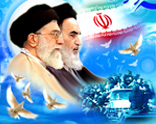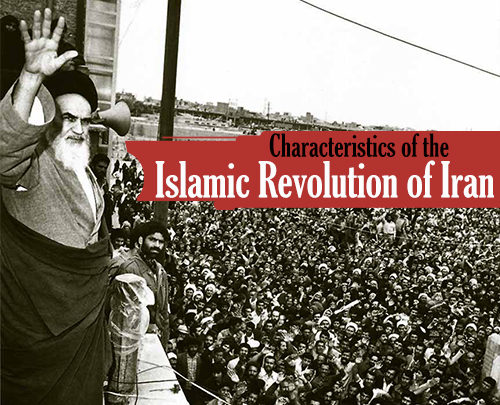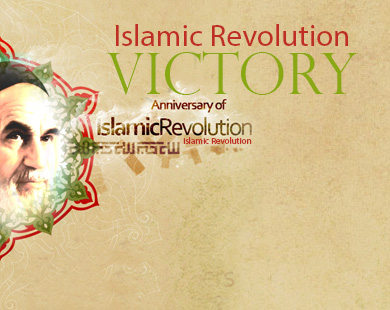Religious leader Ayatollah Khomeini has made a triumphant return to Iran after
14 years in exile.
Up to five million people lined the streets of the nation's capital, Tehran, to
witness the homecoming of the Shia Muslim imam.
Ayatollah Ruhollah Khomeini, 78, was imprisoned by the Shah in 1963 for his
opposition to reforms and was expelled the following year, to Iraq - via Turkey.
He spent the last few months of his exile in France, near Paris, from where he
coordinated the revolution in January that forced the Shah of Iran to go into
hiding.
The Ayatollah - a title meaning Gift of God - emerged from his chartered plane
looking tired and tearful to meet the 1,500 religious and political leaders
allowed to meet him in the terminal building.
A force of 50,000 police quickly lost control of the crowds outside the airport
clamoring to catch a glimpse of the man who has been their spiritual
inspiration.
Hands raised in greeting and appreciation, Ayatollah Khomeini made slow progress
as his blue and white Chevrolet forced its way through a mass of people.
The cavalcade did not stop in Tehran itself but made the 12 mile journey south
to the Cemetery of Martyrs where Mr. Khomeini addressed 250,000 supporters.
He was openly belligerent towards the current government of Prime Minister
Shapoor Bakhtiar.
"These people are trying to bring back the regime of the late Shah or another
regime. I will strike with my fists at the mouths of this government. From now
on it is I who will name the government," he claimed.
Dr Bakhtiar responded by saying: "Don't worry about this kind of speech. That is
Khomeini. He is free to speak but he is not free to act."
The government has tried to re-assert its authority by cutting TV pictures of
Mr. Khomeini's progress and holding a military parade through Tehran this
evening.
Ayatollah Khomeini: will strike with my fists at the mouths of this government .
On the airplane on his way to Iran, Khomeini was asked by reporter Peter
Jennings: "What do you feel in returning to Iran?" Khomeini answered "Hich
ehsâsi nadâram" (I don't feel a thing). This statement is often referred to by
those who oppose Khomeini as demonstrating the ruthlessness and heartlessness of
Khomeini. His supporters, however, attribute this comment as demonstrating the
mystic aspiration and selflessness of Khomeini's revolution.


















